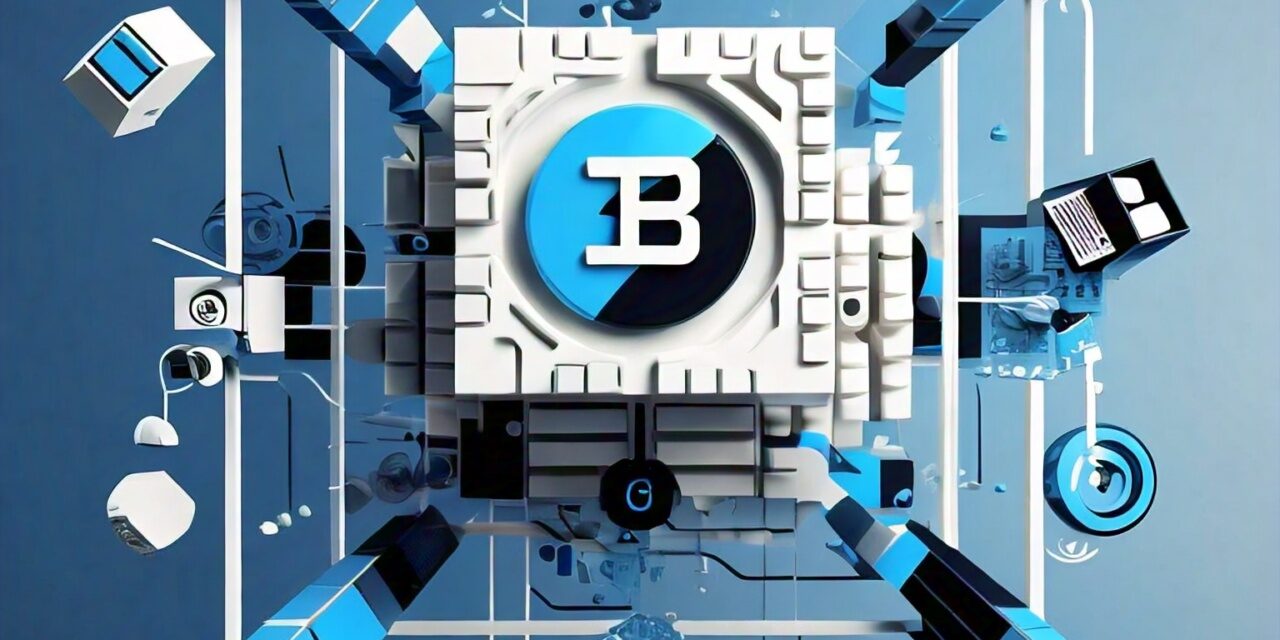Decentralized Web Hosting: A Threat to Traditional Hosting Models?
Syndicated article by Web3Servers.comWeb3 and the Future of Online Content
Decentralized web hosting is revolutionizing the way we host online content. Built on blockchain technology, this new model offers increased security, privacy, and resistance to censorship. But what does this mean for traditional hosting models? In this article, we’ll explore the implications of decentralized web hosting and what the future holds for online content.
The Rise of Decentralized Web Hosting
How Decentralized Web Hosting Works
Decentralized web hosting uses blockchain technology to create a peer-to-peer network of nodes that host and serve website content. Each node is incentivized to participate in the network through cryptocurrency rewards, ensuring a robust and resilient infrastructure. This decentralized approach eliminates the need for centralized servers, reducing the risk of single-point failures and censorship.
Benefits of Decentralized Web Hosting
Challenges and Uncertainties
The Future of Web Hosting
Decentralized web hosting has the potential to disrupt traditional hosting models, but challenges and uncertainties remain. As the field continues to evolve, we can expect to see new business models and revenue streams emerge. The future of online content depends on addressing the scalability, regulatory, and user education issues surrounding decentralized technologies.
Traditional Hosting Models Under Threat
Traditional hosting models face significant challenges in adapting to decentralized technologies. Centralized servers and data centers are vulnerable to single-point failures, censorship, and data tampering. As decentralized web hosting continues to gain traction, traditional hosting models must evolve to remain relevant.
Embracing the New Era of Web Hosting
The future of online content depends on embracing decentralized technologies and the new era of web hosting. By addressing the challenges and uncertainties surrounding decentralized web hosting, we can create a more secure, private, and resilient internet. The shift towards decentralized web hosting is inevitable, and it’s time to join the revolution.
The Takeaway: Decentralized web hosting is a rapidly evolving field, offering increased security, privacy, and resistance to censorship. While traditional hosting models face challenges in adapting to decentralized technologies, the future of online content depends on embracing this new era of web hosting.









